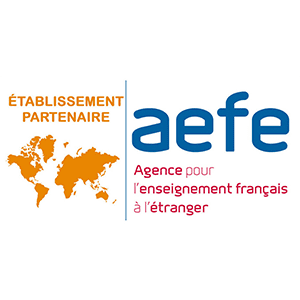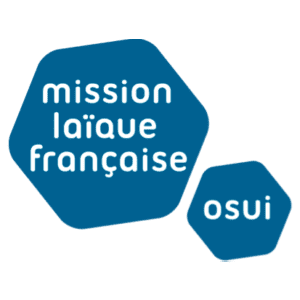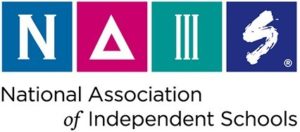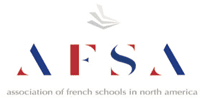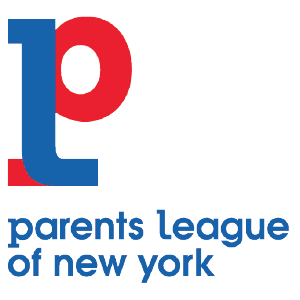Learning A New Language Through Music: Why Is Music So Powerful?
Whether you are trying to improve your young child’s English language proficiency or develop their skills in a second language, you cannot go wrong by using music.
Preschool children’s brains are sponges. They learn very quickly. But they are too young to sit and take notes, nor will they conjugate verbs for homework. They will, however, sing songs all evening long, containing multiple verses and extensive lyrics.
Why is Music Such a Great Learning Tool?
When learning a new language, music has proven to be one of the handiest tools available to teachers. Researchers have noted that many of us as adults can hear a tune from sixth grade French class and recall it with surprising accuracy. Why is this?
- Music is sticky. That is, it sticks in our memories for a long time. We learn lyrics as a part of a melody, and not separate from it. You can have a few weeks’ worth of lessons packed into one song. At first the lyrics may not make much sense to the child, but that doesn’t matter. They will learn the vocabulary over time and the song’s meaning will reveal itself. It’s best to stay out of the child’s way and not over-explain the vocabulary. How many of us learned a song like “Frère Jacques” when we were kids and still somehow remember the lyrics in adulthood, not ever knowing what they mean?
- Music is emotional. Songs play an enormous role in our own nostalgia. When used as a teaching tool, they connect the children to the material. If the material you are trying to teach has a strong emotional component, it will be absorbed much quicker than if it has no emotional pull at all. Psychologists note the power that music has on people across races and cultures worldwide. They theorize that music can stimulate a reward system in the brain by indirectly asking the listener to predict future beats and sounds. There is also excitement produced when there are new and unexpected beats and sounds. Hearing music in a classroom lets the students connect any visual elements from the lesson to the song, and those elements are also remembered. The emotional power of music should not be underestimated.
- Music is fun. Just because students are enjoying themselves does not mean that they are not retaining the material. Unfortunately, a very outdated belief that learning only occurs when students are quiet, still, and not smiling still influences some educational institutions. On the contrary – singing a melody, clapping in rhythm, and dancing all provide a solid foundation for vocabulary and verb usage. And it is an absolute blast! Children will engage in this willingly if not completely cheerfully. Once out of the classroom for the day, preschool kids will not hesitate to sing their songs at the diner table, in the bath tub, or in the car. Get them together with a few friends and you have reinforcements to bolster any songs that have a missing word or two.
Teachers across different disciplines, both primary and secondary are regularly incorporating music into their lesson plans. There are few tools out there that effectively produce the same strong level of recall. No matter what distractions occur after the lesson, children can still repeat a song word for word later that day.
At Tessa International School, we believe in using proven methods to engage students and are very pleased with how music contributes to language learning – children play and have fun while learning. We are committed to opening the world to our students and learning new languages. Please contact us so you can see how your child can thrive in our school.








